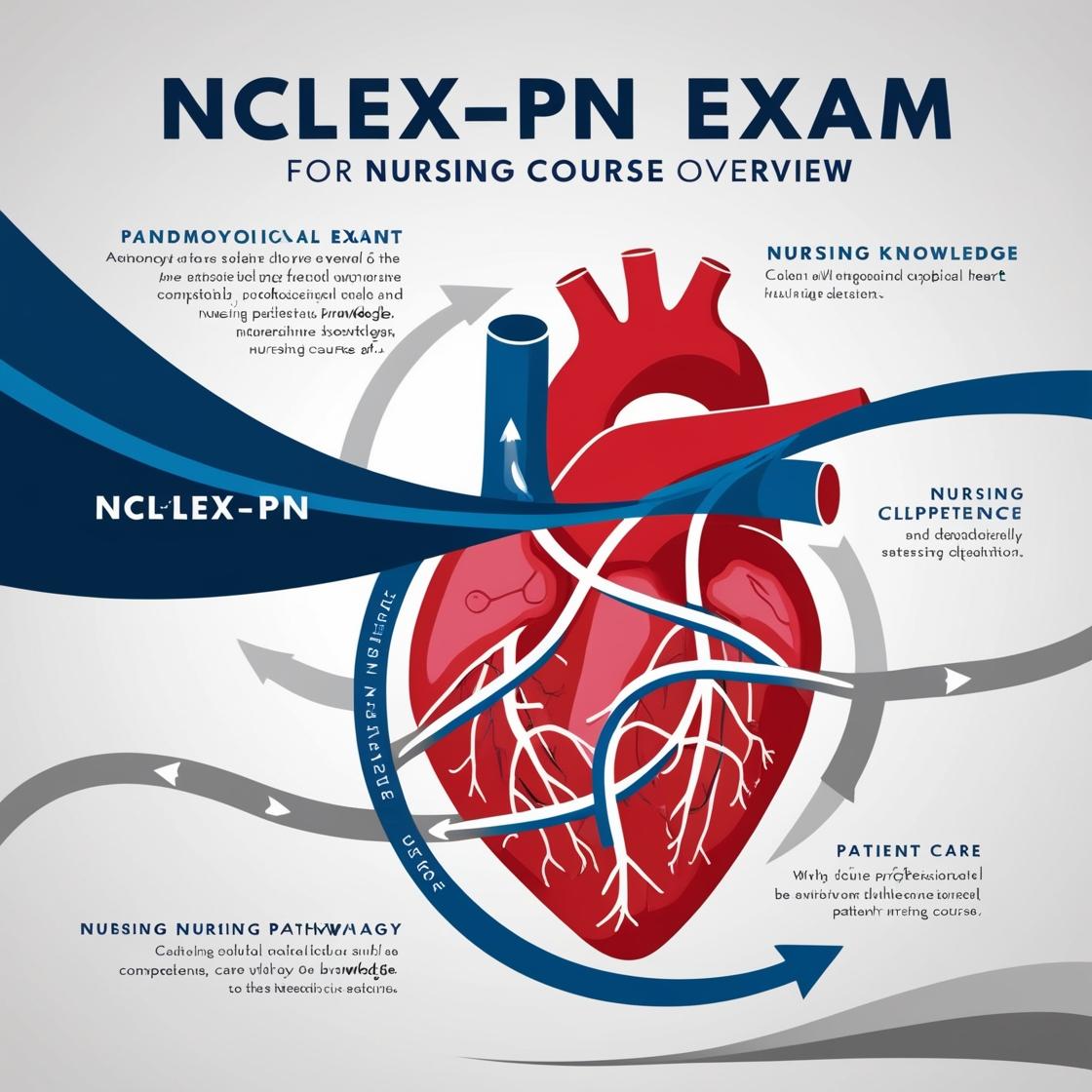NCLEX NCLEX-PN
NCLEX PN 2023 Quizlet
1. How can light therapy be effective?
- A. overcoming weight problems.
- B. helping with allergies.
- C. use in alternative medical treatments.
- D. working with sleep patterns.
Correct answer: D
Rationale: Light therapy can be effective in treating problems associated with sleep patterns, stress, moods, jaundice in newborns, and seasonal affective disorders. While light therapy is not typically used for overcoming weight problems or helping with allergies, it is specifically known for its benefits in regulating sleep patterns. Therefore, the correct answer is 'working with sleep patterns.' Choices A, B, and C are incorrect as light therapy is not commonly utilized for overcoming weight problems, helping with allergies, or as a general alternative medical treatment.
2. Nursing care for a client undergoing chemotherapy includes assessment for signs of bone marrow depression. Which finding accounts for some of the symptoms related to bone marrow depression?
- A. erythrocytosis
- B. leukocytosis
- C. polycythemia
- D. thrombocytopenia
Correct answer: D
Rationale: Thrombocytopenia is an abnormal decrease in the number of platelets, which results in bleeding tendencies. During chemotherapy, bone marrow depression can lead to a reduction in platelet production, causing thrombocytopenia. Erythrocytosis is an abnormal increase in red blood cells, leukocytosis is an increase in white blood cells, and polycythemia is an excess of red blood cells, which is synonymous with erythrocytosis. In the context of chemotherapy, the focus is on the decrease in red and white blood cells, making thrombocytopenia the most relevant finding.
3. Which of the following terms refers to soft tissue injury caused by blunt force?
- A. contusion
- B. strain
- C. sprain
- D. dislocation
Correct answer: A
Rationale: A contusion is a soft tissue injury caused by blunt force. It is an injury that does not break the skin, caused by a blow, and characterized by swelling, discoloration, and pain. The immediate application of cold might limit the development of a contusion. A strain is a muscle pull from overuse, overstretching, or excessive stress. A sprain is caused by a wrenching or twisting motion. A dislocation is a condition where the articular surfaces of the bones forming a joint are no longer in anatomical contact. Therefore, the correct answer is 'contusion' as it specifically relates to soft tissue injury caused by blunt force.
4. The nurse is assessing the newborn's respirations. Which of these findings would indicate a need for follow-up and further intervention?
- A. irregular respirations
- B. abdominal respirations
- C. shallow respirations
- D. 70 breaths per minute
Correct answer: D
Rationale: The ideal respiratory rate in a newborn is 30-60 breaths per minute. A respiratory rate of 70 breaths per minute indicates tachypnea and may require intervention. Therefore, a rate of 70 breaths per minute would necessitate follow-up and further intervention. Irregular, abdominal, and shallow respirations are common in newborns and may not necessarily indicate the need for immediate follow-up or intervention.
5. When teaching about preventable diseases, the importance of getting the following vaccines should be emphasized:
- A. human papillomavirus, genital herpes, measles.
- B. pneumonia, HIV, mumps.
- C. syphilis, gonorrhea, pneumonia.
- D. polio, pertussis, measles
Correct answer: D
Rationale: Vaccines are crucial in preventing communicable diseases. Smallpox has been eradicated globally, so its vaccine is no longer used. Polio, pertussis, and measles are diseases that are controlled by routine childhood immunization. While smallpox has been eradicated, these diseases still exist, making it essential for children to be vaccinated against them. Choices A, B, and C include diseases that are not prevented by vaccination or are not related to routine immunizations, making them incorrect choices.

Access More Features
NCLEX PN Basic
$69.99/ 30 days
- 5,000 Questions with answers
- Comprehensive NCLEX coverage
- 30 days access
NCLEX PN Premium
$149.99/ 90 days
- 5,000 Questions with answers
- Comprehensive NCLEX coverage
- 90 days access
